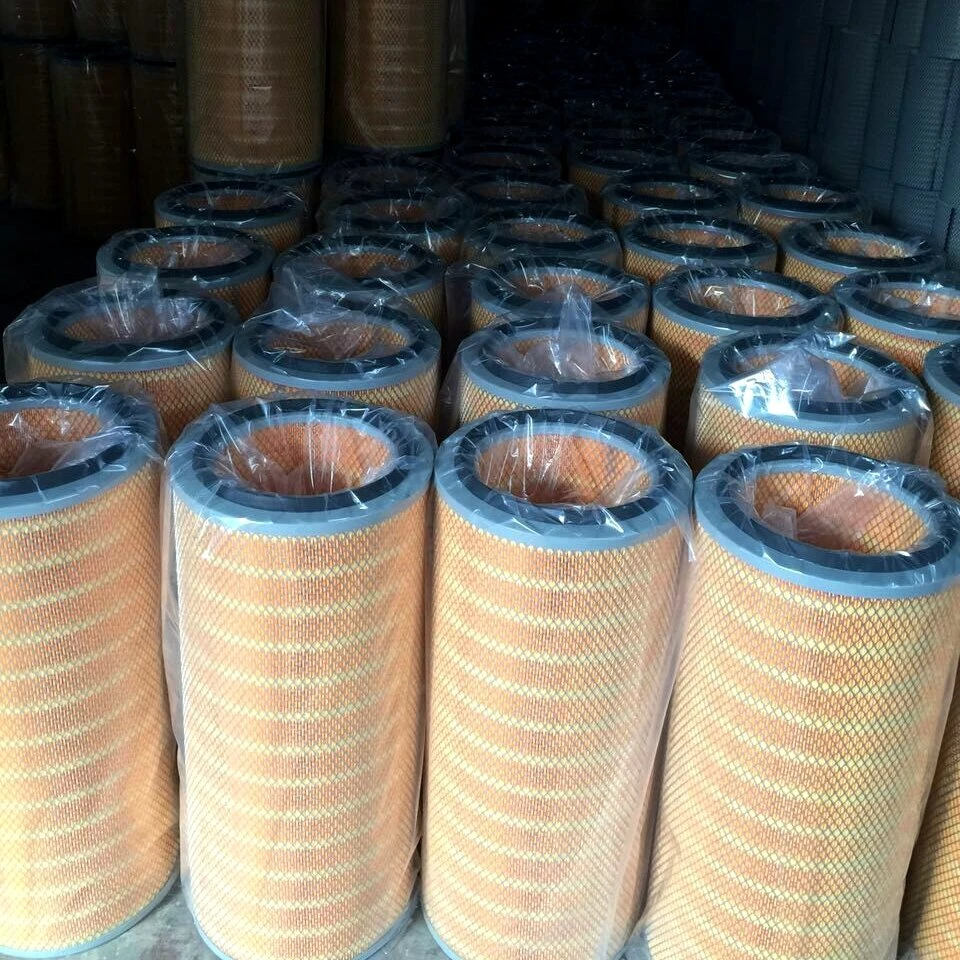 Tel:
+8618931101301
Tel:
+8618931101301
dec. . 04, 2024 10:22 Back to list
High-Performance Stainless Steel Filter Elements for Enhanced Filtration Solutions
Understanding Stainless Steel Filter Elements A Comprehensive Overview
Stainless steel filter elements are crucial components in various filtration systems used across multiple industries. These filters play a vital role in ensuring the cleanliness of liquids and gases, preventing contaminants from causing damage to equipment and processes. This article delves into the characteristics, advantages, applications, and maintenance of stainless steel filter elements, highlighting their importance in modern filtration technology.
What are Stainless Steel Filter Elements?
Stainless steel filter elements are filtration devices made from stainless steel, a corrosion-resistant alloy that typically contains chromium, nickel, and, in some cases, molybdenum. These materials provide enhanced strength and durability, making stainless steel filters suitable for harsh environments where traditional filters might fail. The filter elements can take various forms, including mesh, discs, or cartridges, depending on the specific application and requirements.
Key Characteristics of Stainless Steel Filters
1. Corrosion Resistance One of the primary benefits of stainless steel filter elements is their resistance to corrosion. This characteristic allows them to be used in aggressive environments, including those involving acids, alkalis, and high temperatures, ensuring longevity and consistent performance.
2. High Strength and Durability Stainless steel is known for its superior strength compared to other materials, which allows these filter elements to withstand high pressures and mechanical stresses without deforming or failing.
3. Reusable and Easy to Clean Unlike disposable filters, stainless steel filter elements can often be cleaned and reused, making them a cost-effective choice for long-term applications. This feature not only saves money but also reduces waste.
4. Versatile Filtration Options Stainless steel filters can be designed to accommodate various filtration processes, including coarse, fine, and ultra-fine filtration, making them suitable for a wide range of applications.
Advantages of Stainless Steel Filter Elements
1. Cost-Effectiveness While the initial investment for stainless steel filter elements may be higher than for disposable options, their durability and ability to be cleaned and reused result in lower overall costs in the long run.
2. Environmentally Friendly By reducing the need for single-use filters, stainless steel filter elements contribute to a more sustainable and environmentally friendly filtration solution.
4. Customization Manufacturers can tailor stainless steel filter elements to meet specific customer requirements, including size, filtration rating, and design, ensuring optimal performance for a particular application.
stainless steel filter element

Applications of Stainless Steel Filter Elements
Stainless steel filter elements find applications in a variety of industries, including
- Oil and Gas Used in upstream, midstream, and downstream processes to ensure the purity of hydrocarbons and prevent contamination.
- Pharmaceuticals Essential for maintaining the sterility of products and preventing contamination during manufacturing processes.
- Food and Beverage Critical for ensuring the safety and quality of food products by removing impurities and potential contaminants.
- Chemical Processing Employed to filter feedstock and finished products, ensuring that chemical processes operate efficiently and safely.
- Water Treatment Used in systems designed to purify drinking water or treat wastewater, helping to remove solids and improve water quality.
Maintenance and Care
To ensure the longevity and effectiveness of stainless steel filter elements, regular maintenance is necessary. This includes
- Cleaning Depending on the application and frequency of use, stainless steel filters should be cleaned regularly to remove trapped contaminants. This can be done using water, detergents, or solvents, followed by thorough rinsing.
- Inspection Regular inspections for signs of wear, damage, or clogging can help prevent unexpected failures and maintain optimal performance.
- Replacement of Damaged Parts If any component of the filter element is found to be damaged, it should be replaced promptly to avoid compromising the filtration process.
In conclusion, stainless steel filter elements represent a superior choice for filtration needs across various industries. Their durability, reusability, and ability to perform under challenging conditions make them an invaluable component in today's advanced filtration systems. Investing in high-quality stainless steel filters not only enhances operational efficiency but also supports sustainability efforts by reducing waste and environmental impact.
-
The truth about washable filters: Does repeated use really not affect efficiency?NewsJun.25,2025
-
Effect of humidity on the performance of activated carbon filter elementsNewsJun.24,2025
-
Material selection considerations for dust removal filter elements under high temperature conditionsNewsJun.23,2025
-
Cold knowledge of air filters: Why are some designed to be pleated?NewsJun.16,2025
-
Factory direct supply! High-precision air filter element wholesale and customizationNewsJun.12,2025
-
A complete analysis of the practical value of activated carbon filtersNewsJun.10,2025

 Email:
Email:





